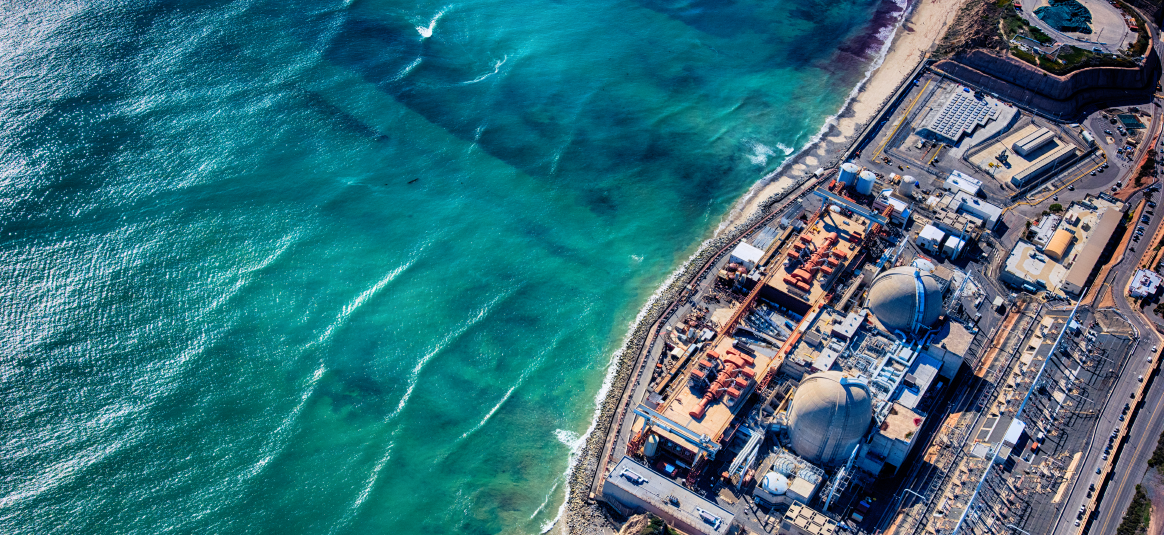The recent global energy crunch has reignited the debate about the role of nuclear as a reliable source of power that produces limited carbon emissions; and it has led to a number of countries making concrete plans to increase their use:
• In the UK, the Energy Security Strategy published in April set out new ambitions for nuclear energy. The strategy would see nuclear capacity of up to 24 GW by 2050, representing around 25% of projected electricity demand, up from 15% in 2022. Eight reactors would be built with the help of a new government body, Great British Nuclear, to speed up what has traditionally been a slow process.
- In February, France announced plans to build six large new reactors starting in 2028 and eight more by 2050.
- Poland has ramped up agreements and partnerships with countries beyond Europe, including the US, to build nuclear energy capabilities across the country.
- In the US, the Inflation Reduction Act complements the CHIPS Act’s acceleration of nuclear by including several tax credits and incentives to support the potential deployment of advanced reactors. The legislation also includes $700 million for the Office of Nuclear Energy to support the development of a domestic supply chain for uranium.
- Japan has restarted its nuclear reactors (they were all closed down after the Fukushima accident) and is looking to develop next-generation reactors that will be safer and more efficient.
- In July, South Korea’s government laid out its New Energy Policy Direction, which aims to ensure nuclear accounts for a minimum of 30% of the country’s energy mix by 2030. It is also resuming the construction of two units at existing nuclear plants.
Meanwhile, nuclear technology is developing quickly. More than 20 companies in the US are currently developing advanced reactors that will completely change the way we think about the nuclear industry. Most of these new reactors will be smaller, more flexible, and less expensive to build and operate. They can be used to power hospitals or other service centres on an exclusive basis and, if used appropriately, have the potential to reduce energy reliance on countries like Russia.



